Let’s be honest—cooking in a campervan can be a challenge. Space is tight, power’s limited, and somehow an essential always goes missing...
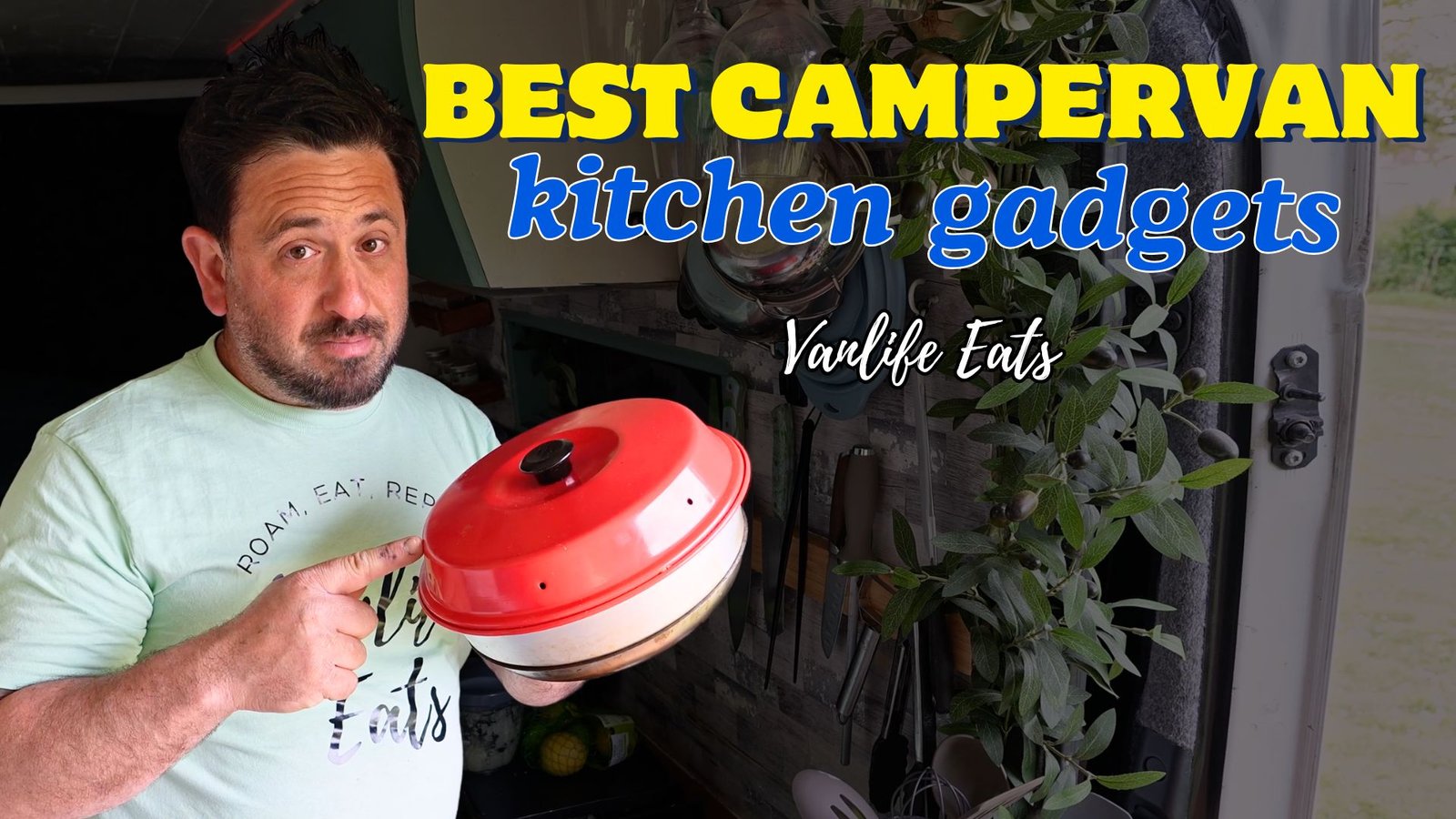

Let’s be honest—cooking in a campervan can be a challenge. Space is tight, power’s limited, and somehow an essential always goes missing...

This van is our 4th build, so we’ve tried quite a few different van conversion design tools over the years. We started out with SketchUp first,...
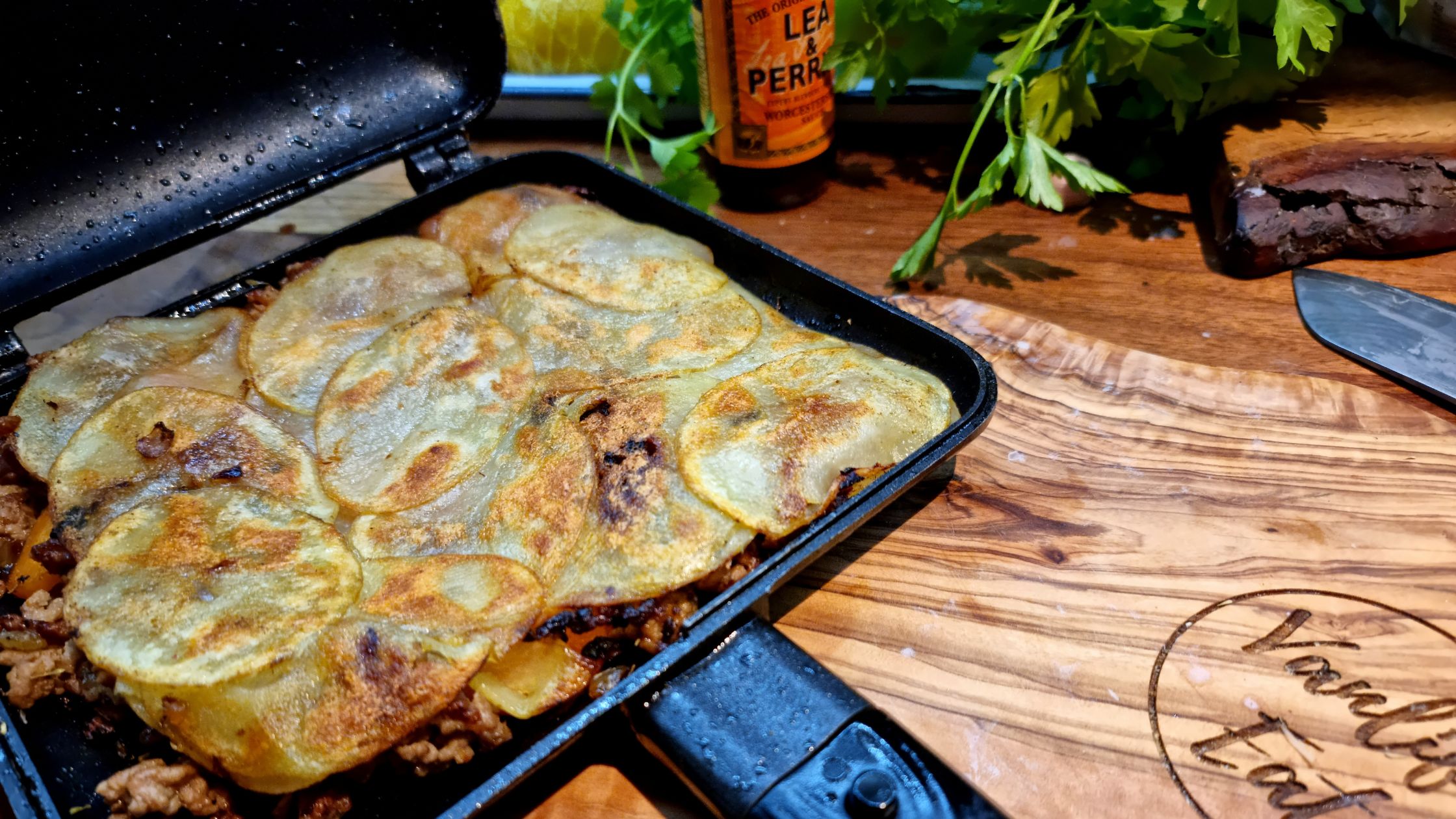
At Vanlife Eats, we’re passionate about making campervan cooking practical, fun, and incredibly tasty. One kitchen essential we genuinely...
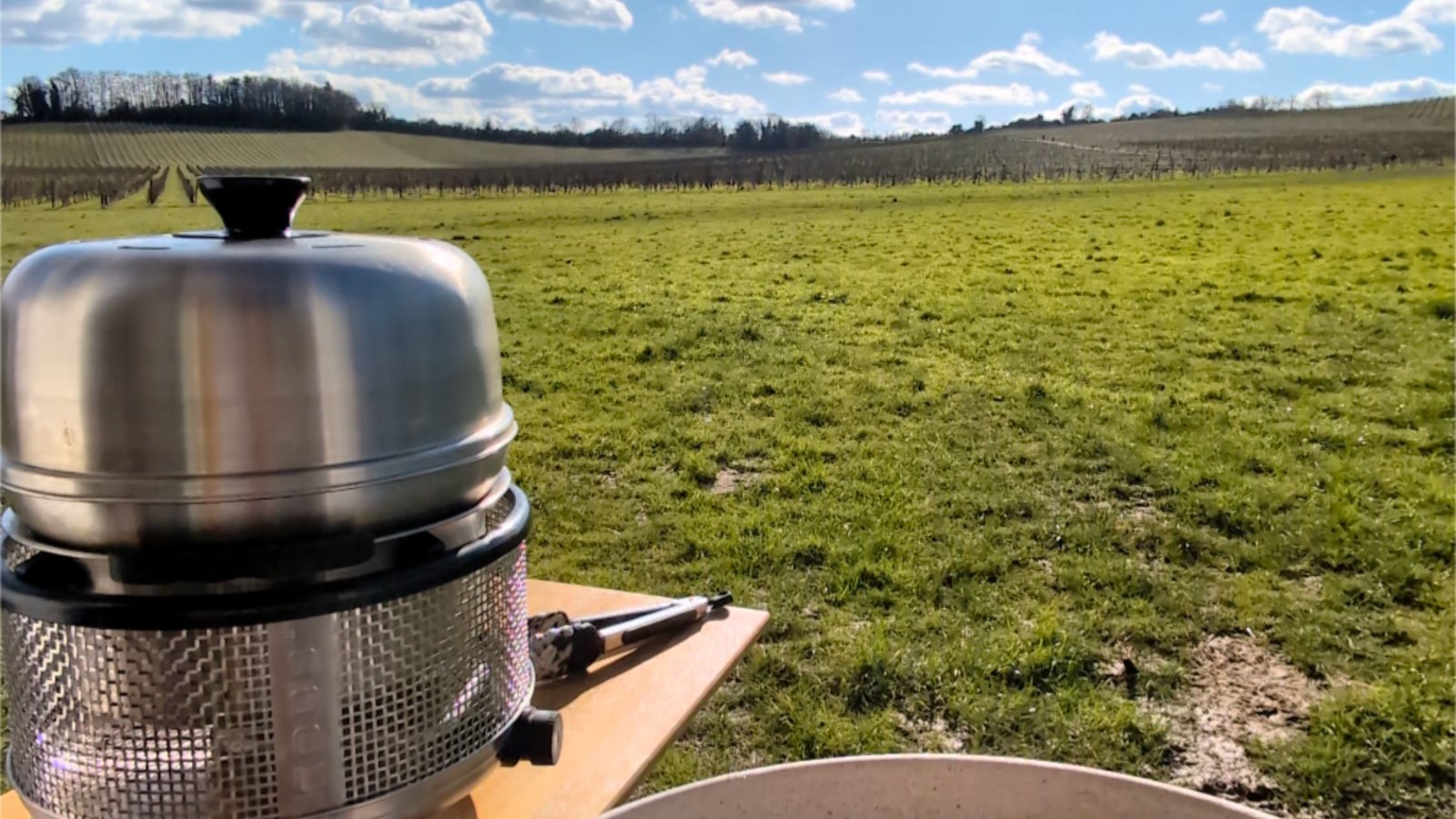
With Vanlife there's something uniquely special about parking up in a beautiful, wild spot, setting up my Cobb grill for outdoor cooking, and...
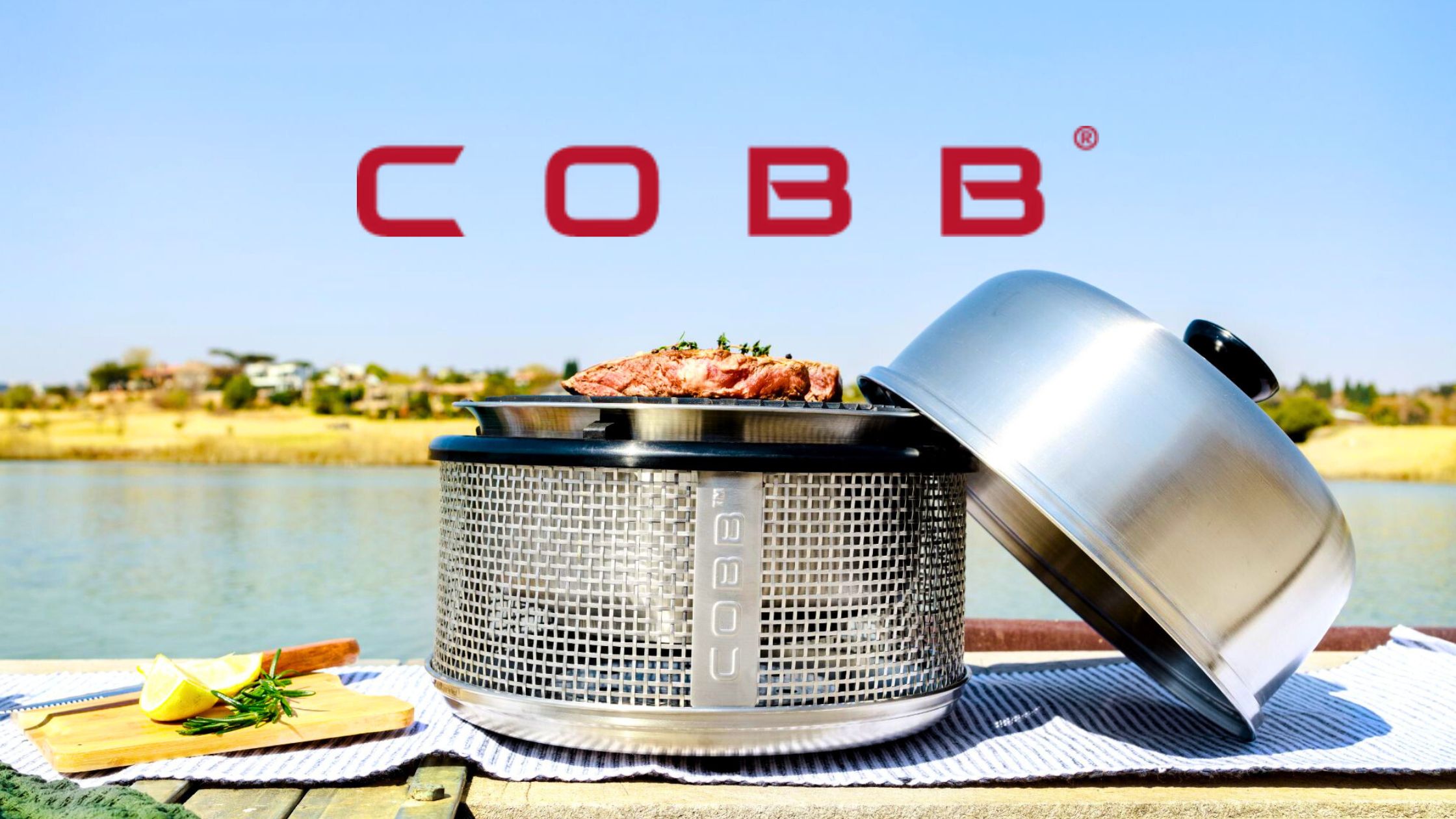
Cobb BBQ outdoor cooking is a whole different level of delicious, fuss-free, adventure-friendly grilling, roasting, and baking. Bringing the...
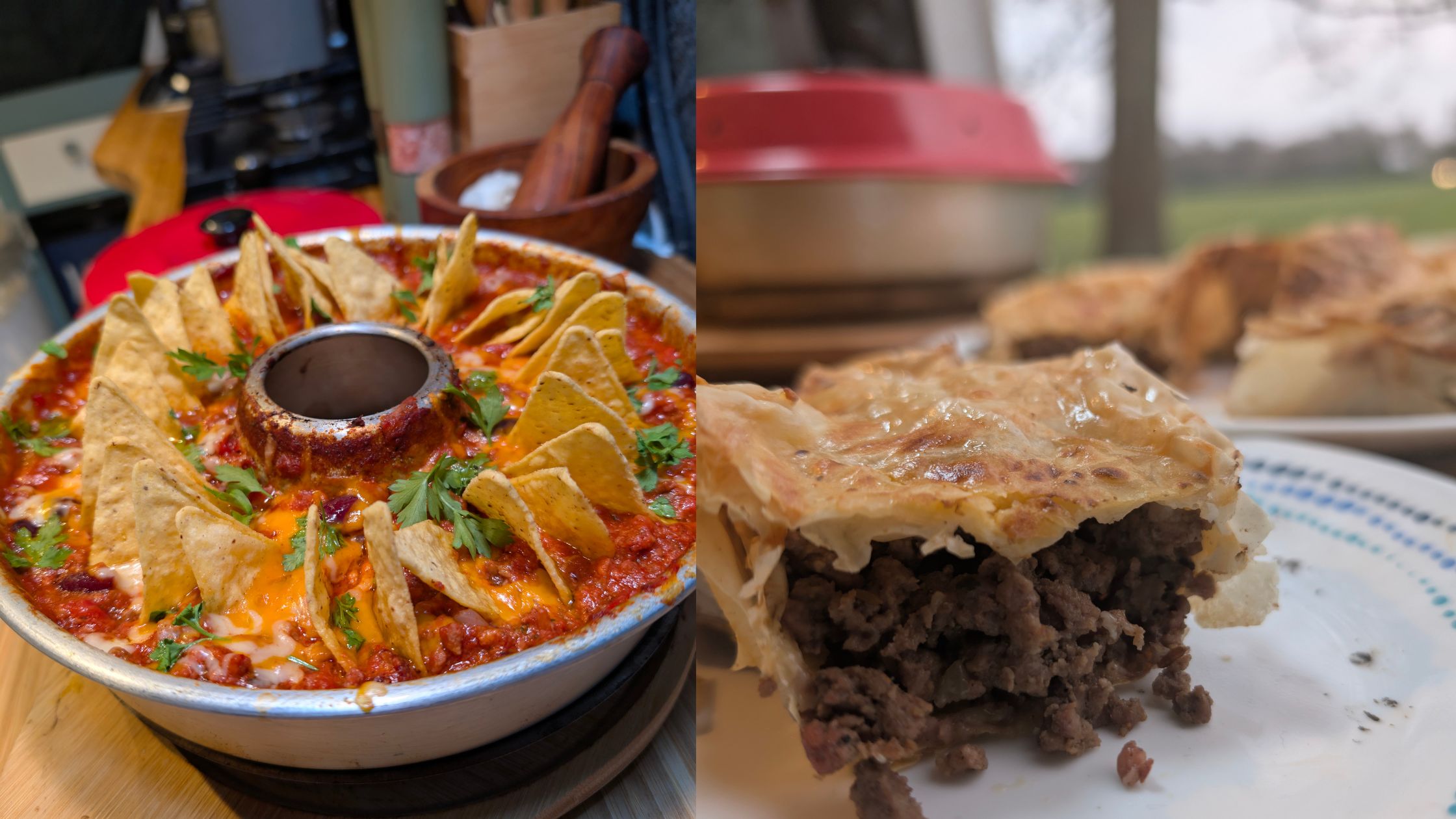
For many, the idea of living or travelling in a campervan brings up one major concern—how do you cook properly without a built-in oven? When I...

We hear this all the time gas or induction?. What do we recommend you should fit in your campervan? Let's put this great debate in another...

Shrove tuesday can only mean one thing - pancakes! Or vancakes may be a better name for them! Here are 5 pancake recipes perfect for pancake...

Get ready for an incredible year of events! We’re taking Vanlife Eats on the road, and we’ll be cooking up a storm at some of the biggest...

Ok so we did it! We finally found a campervan air fryer thats worthy of space in the Vanlife Eats tiny kitchen! Cooking in a campervan is all...

Here is the definitive list of Campervan Essentials that you will find in the Vanlife Eats campervan Kitchen. Cooking in a campervan can be an...

Need some campervan recipe inspiration? Did you know you can join our amazing community of vanlife cooks? If you've ever tried to whip up a...
📍 18th-21st Feb – Caravan & Motorhome Show | NEC, Birmingham
📍 14th-15th Mar – The Yorkshire Motorhome & Campervan Show | Yorkshire Events Centre, Harrogate
📍 24th / 26th / 28th / 31st Mar – The Ideal Home Show | Olympia, London
📍 3rd-5th May – Campervan Campout | South of England Showground, Haywards Heath
📍 10th-11th May – The Great British Food Festival | Arley Hall, Cheshire
📍 16th-18th May – The Southern Motorhome & Campervan Show | Newbury Showground, Newbury
📍 30th May-1st Jun – Vanlife Festival | West Midlands Showground, Shrewsbury
📍 14th-15th Jun – The Great British Food Festival | Holdenby House, Northampton
📍 21st-22nd Jun – The Great British Food Festival | Dinton Pastures, Berkshire
📍 18th-20th Jul – The Norfolk Motorhome & Campervan Show | Norfolk Showground, Norfolk
📍 2nd Aug – The East Dorset 40th Celebration Rally | Warren Park Farm, Alderholt
📍 15th-17th Aug – The Western Motorhome & Campervan Show | The Three Counties Showground, Malvern
📍 22nd-24th Aug – Vanlife Eats Festival | Dummer Down Farm, Basingstoke
📍 5th-7th Sept – The South West Motorhome & Campervan Show | Bath and West Showground, Shepton Mallet
📍 19th-21st Sept – The Motorhome & Campervan Show | Lincolnshire Showground, Lincoln
📍 16th-17th Oct – Caravan & Motorhome Show | NEC, Birmingham
📍 3rd-5th Oct – The Getaway Show | P&J Live, Aberdeen
📍 24th – 30th Nov – The Ideal Home Show | Olympia, London